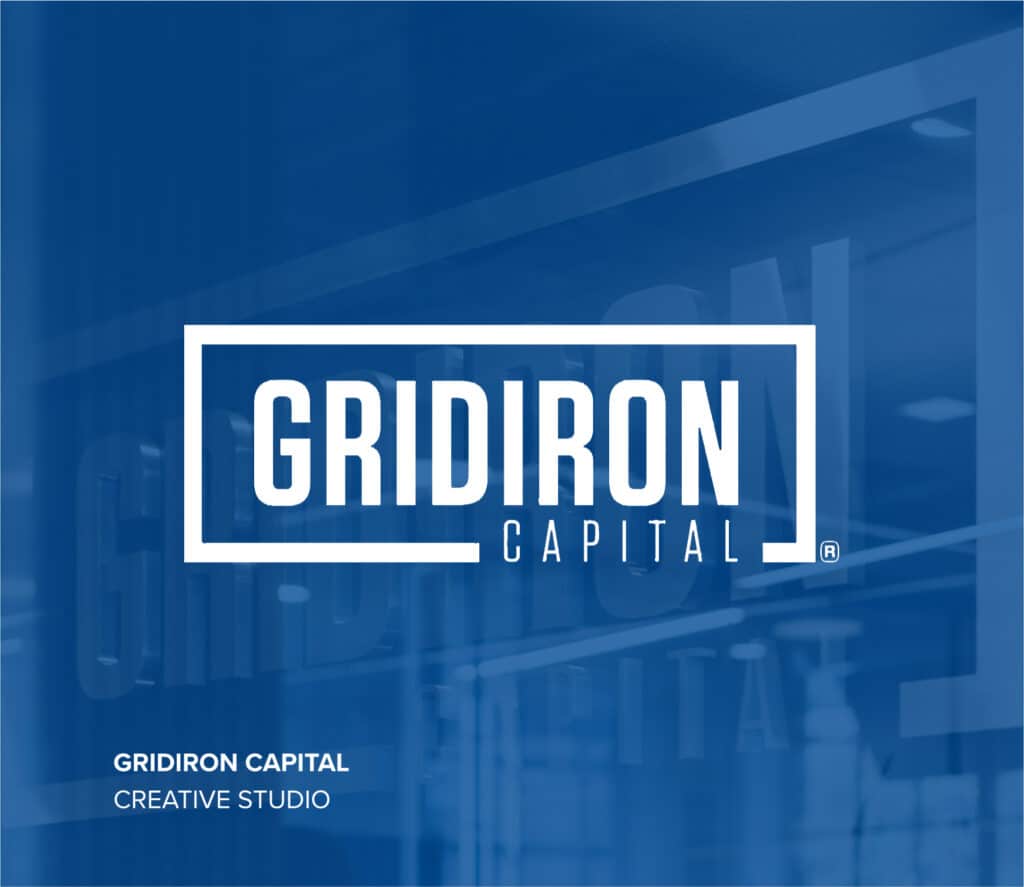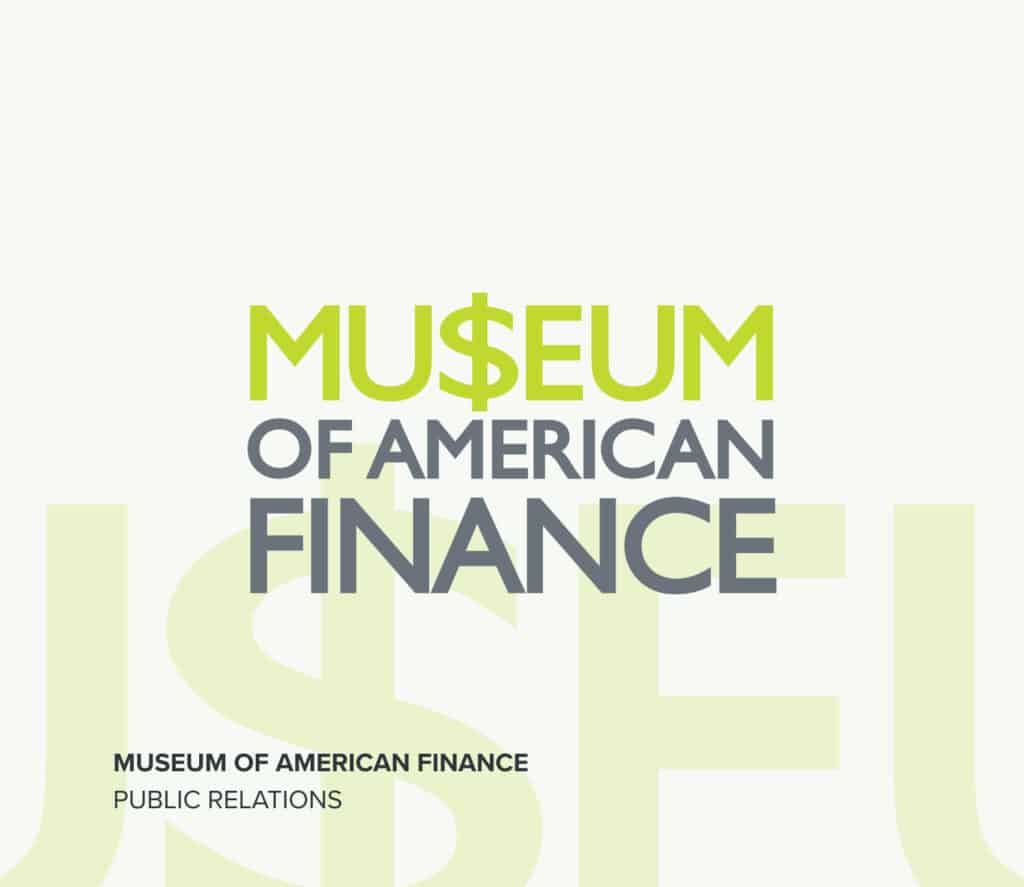CEOs Remain Silent as Trump Tariffs Shake the Market
As the market reacts to President Trump’s latest trade tariffs, many CEOs remain uncharacteristically quiet. The new policies, which impose a 10% baseline tariff on U.S. imports and higher levies on goods from the European Union, China, and Vietnam, mark one of the most significant economic gambles in presidential history. Markets have responded with notable volatility, yet corporate America’s voice has largely been absent.
This silence marks a stark contrast to the increasingly vocal stance that corporations have taken on public policy in recent years. The prevailing philosophy among many large companies has become: “We only comment on policies that impact our business.” Given the direct implications of these tariffs, particularly for the automotive, retail, and consumer goods sectors, some observers are surprised by the lack of immediate response.
One potential reason for the quiet could be strategic caution. Executives may be weighing the potential fallout of opposing a major policy initiative from the White House. Alternatively, they might be relying on industry associations or lobbying groups to make statements on their behalf.
While leaders in the automotive industry, including Ford’s CEO Jim Farley, have expressed concerns about the tariffs leading to ‘costs and chaos,’ many others remain guarded. Retail giants like Target, Best Buy, and Walmart have warned consumers about potential price increases, but direct criticism of the administration remains scarce.
CEOs may soon have no choice but to break their silence. As first-quarter earnings reports approach, stakeholders will expect transparency about how these tariffs are affecting financial performance. In an era where business leadership often intersects with public policy, silence can sometimes speak volumes. The challenge for CEOs will be to navigate these turbulent waters while maintaining credibility with both investors and the public.
As always, we advise CEOs to remain proactive in their communications strategies during times of economic uncertainty. Remember that you are in control of your message, even when the news and other policy shifts may feel out of control.
Companies need to determine the impact of tariffs to their business and communicate those impacts clearly and concisely to their customers, shareholders and employees. Keep in mind, different audiences will need different messages. And companies can utilize multiple channels of communication when discussing the impact of tariffs. Internal stakeholders may do well with a townhall where they can hear directly from corporate leaders on the impact and address any questions directly. Executives may choose to communicate with shareholders through quarterly financial disclosures where they can address analyst questions directly. Relationship management teams may take this as an opportunity to schedule in person meetings to review supply chain strategies and discuss potential impacts.
Addressing the potential impact of policy changes head-on not only demonstrates leadership but also builds trust with key audiences. As the fallout from the tariffs continues, clear, confident messaging will be more important than ever.


